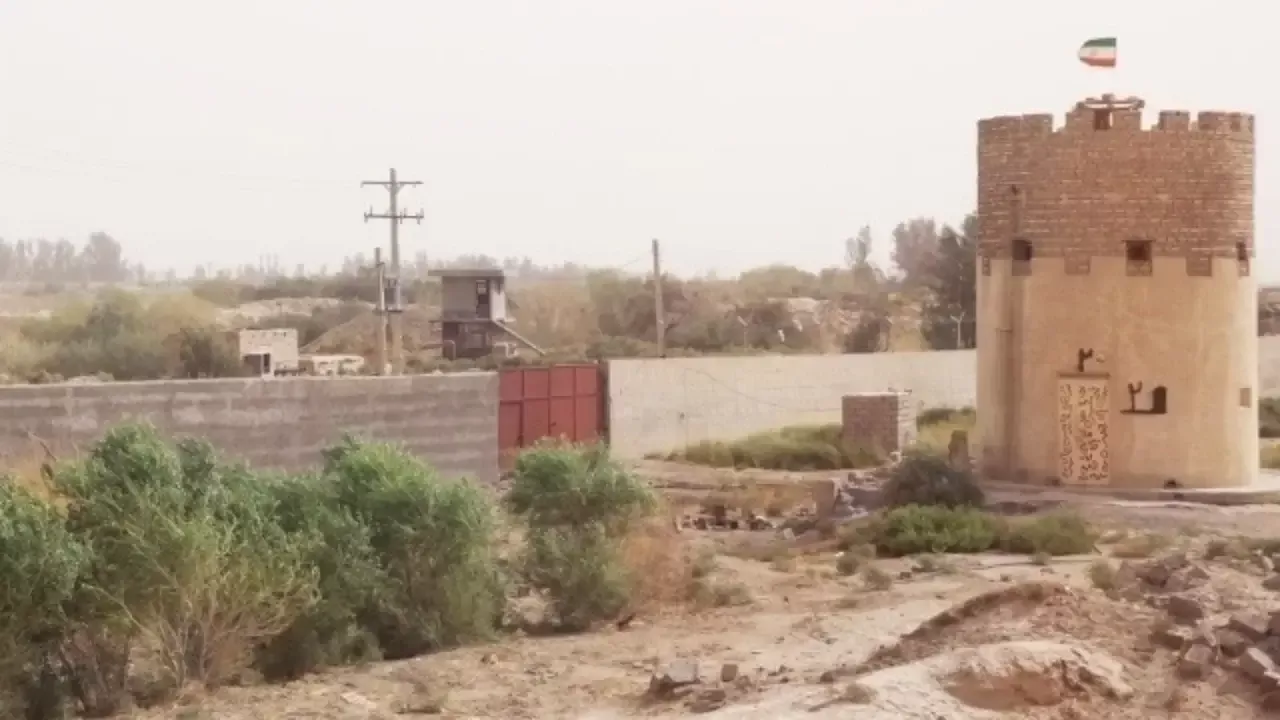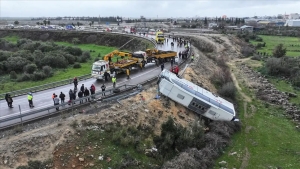Afghan couple died at the Iran border minefield

On September 22 of this year, an Afghan couple died as a result of a mine explosion in the Kaleh Grand border area of Saravan district in Iran's Sistan-Baluchestan province. This was reported by Zamin.uz.
It has been revealed that they entered a minefield without warning signs. As a result of the explosion, the couple died at the scene, and their identities are currently being determined.
The Islamic Revolutionary Guard Corps of Iran has installed minefields as security measures along the border. This incident once again highlighted the dangers faced by Afghans living in Iran's border provinces.
Militarized areas and improperly marked mines pose a serious threat to people's lives. Human rights activists emphasize the lack of accountability and disregard for humanitarian norms in such cases.
The incident occurred while Afghan refugees were living under increasing pressure in Iranian territory. They suffer from forced deportations, constant pressure, and conflicts.
Since the Taliban took power in 2021, many Afghans who came to Iran seeking security now live in fear of arrest or deportation. Additionally, restrictions imposed by the Iranian government on Afghan children's access to education have worsened the situation.
Activists report that children are being denied school admission, resulting in an increased risk of illiteracy and social isolation for an entire generation. This systemic discrimination exacerbates the problems Afghans face in finding shelter, healthcare, and struggling for survival.
Human rights organizations call on Tehran to fulfill its international obligations towards refugees, protect civilians from violence, provide access to education, and cease unjustified deportations. At the same time, activists warn that the situation is worsening and draw the attention of the international community.







